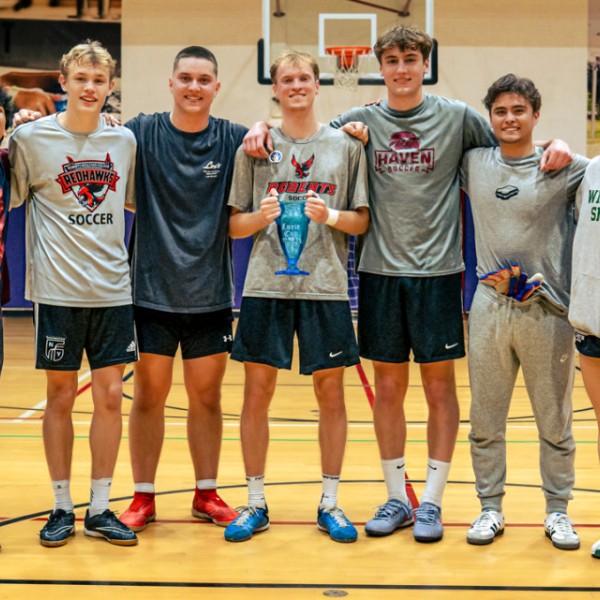Meet Ndunge Kiiti, PhD '02, adjunct associate professor in Global Development. With expertise in communication, education, health and entrepreneurship, she brings more than 30 years of experience in international development. Her recent work supports the adoption of mobile money technology by women’s micro-credit groups in Kenya and smallholder farmers in Rwanda and Ethiopia. Her current work is focused on a partnership that promotes educational opportunities for youth in Kenya.
What do you see as a grand challenge in the field of Global Development?
Global development is a field that is often defined by deficits. Development frameworks often underscore what people or communities lack. One of the greatest challenges is changing that mindset. What would happen if we focused on what people have: indigenous knowledge and resources, virtues, relationships/networks, etc.? That would hopefully lead us to ask — What are the tangible and intangible assets that we can use to build a mutually beneficial partnership, so all our livelihoods are improved as a key outcome? Development is about mutual learning, engaging and growing together. How we understand and frame the process of engagement in development is critical to determining sustainability, impact, or even any level of success or failure.
What are you currently working on?
Nobel Peace Prize laureate, anti-apartheid revolutionary leader, and former president of South Africa, Mr. Nelson Mandela, was a staunch promoter of learning and education. His quote —“Education is the most powerful weapon which you can use to change the world”— speaks volumes and challenges all of us to think innovatively and creatively. It is very inspiring to be working on a project that facilitates educational opportunities for underrepresented youth in Kenya. The partnership unites academic institutions together with public and private sector organizations and agencies. The goal is to have an energized, educated generation of young people who can be transformative leaders in all sectors of society and beyond.
What would you like people to know about your field?
As in most academic fields, global development relies heavily on interdisciplinary approaches to address complex challenges. Thus, we must be deliberate in ensuring that all methods used in teaching, research, outreach, and service support this process.
What do you like to do when you’re not working?
Of the many things to do beyond the workplace, travel is one of the most consequential ways of learning. Traveling and experiencing different places, people and cultures is extremely valuable and can facilitate growth. Additionally, travel often enables us to spend quality time for reflection, family and friends.
What does global development mean to you?
Some of the words that come to mind when think of global development are humility, mutual exchange and learning, respect, and collaborative efforts. The goal is to seek positive, transformative, and sustainable change. In our academic context, we should aim not just to support graduate students who are knowledgeable and globally engaged but young people with virtues and character that respect people and cultures. For me, global development entails transformation through mutual learning and encourages diversity as communities strive for justice and wellbeing for all.






